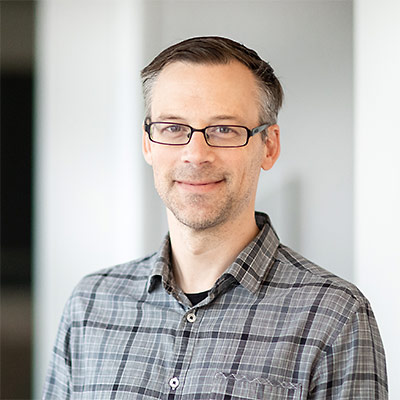USC Shoah Foundation —The Institute for Visual History and Education (USC Shoah Foundation) and Fox Searchlight Pictures today announced a partnership to develop classroom curriculum tied to JOJO RABBIT, Taika Waititi’s heartfelt World War II anti-hate satire.
In Memory of Holocaust survivor Hanna Pankowsky
Today we mourn the loss of Hanna Pankowsky, a remarkable woman who gave us her testimony and was one of the subjects in a portrait series of Holocaust survivors painted by David Kassan.
